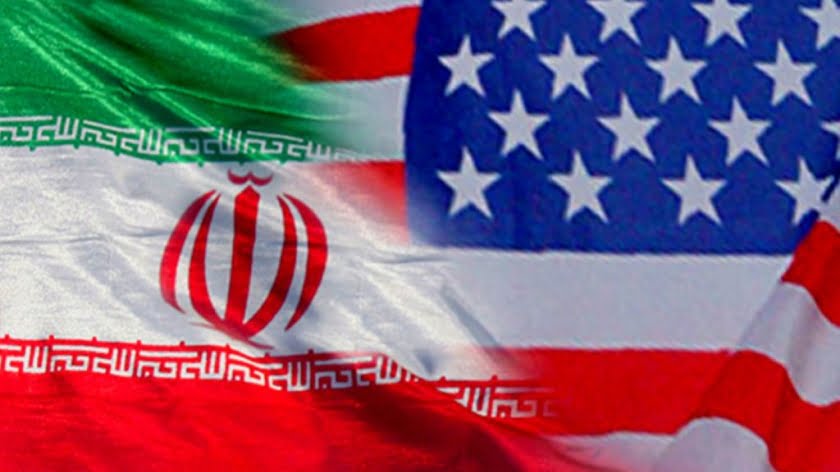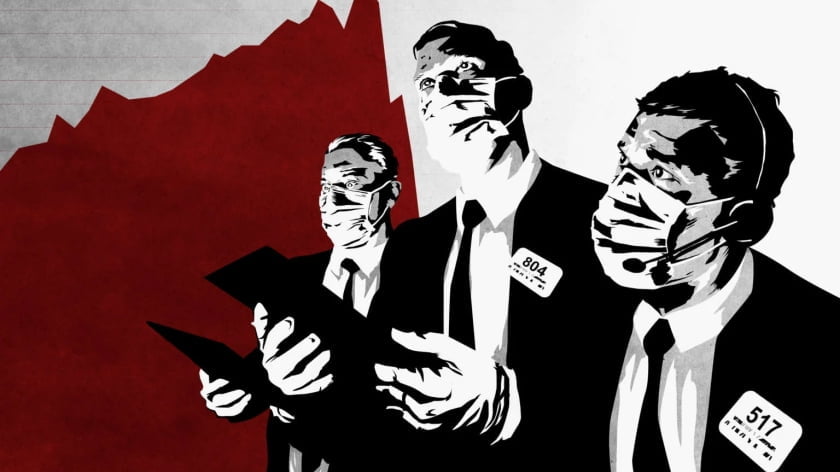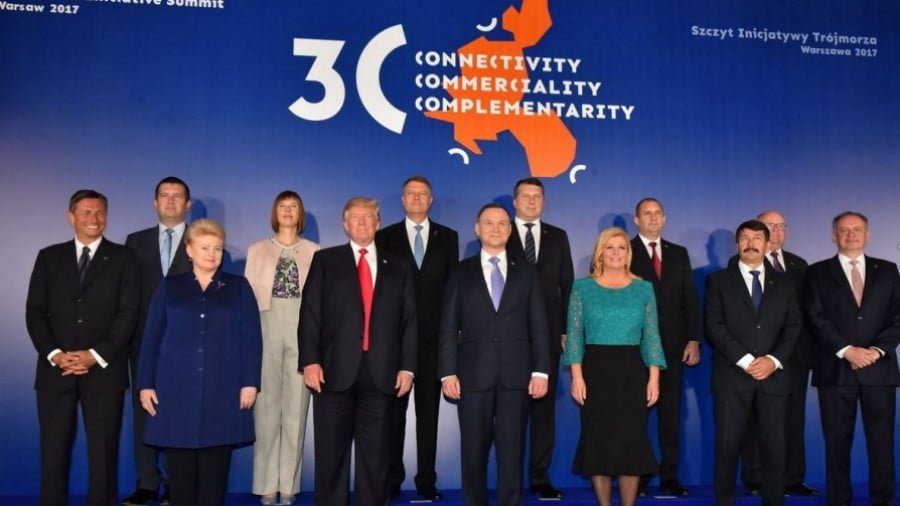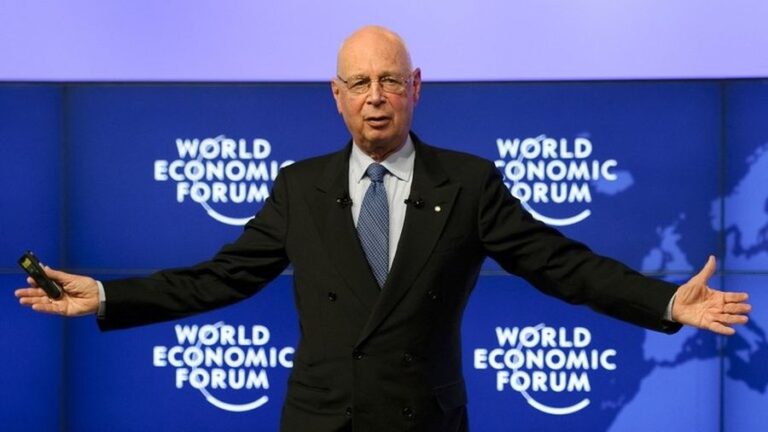Are Morocco and Algeria Preparing for War?
There has recently been an increasing amount of media coverage about the marked deterioration of relations between Algeria and Morocco, and even about purported preparations for mutual hostilities between the two states. It is noted that Algeria accuses Morocco of aggression, recalls Western Sahara, which it recognizes as an independent state while the Moroccans view it as a separatist enclave.
Moreover, very recently The Jerusalem Post published an article saying that tensions between Algeria and Morocco are increasing by day. “We are now talking about war between the two Maghreb countries. Algeria does not want war with Morocco, but it is ready to do so,” the article said, and pointed to Algeria’s allegedly heightened concern about strengthening military cooperation between Israel and Morocco after they signed a defense agreement in November 2021, as a second reason for the strained relations. Morocco’s rapprochement with Israel, following the resumption of their diplomatic relations as part of a deal struck with the active participation of the US in December 2020, is highly criticized in Algeria. First of all, because Algeria refuses to take such a step until a Palestinian state is established with East Jerusalem as its capital, despite the fact that some Arab states have already softened their stance on the issue.
Although relations between Algeria and Morocco have never been smooth and rosy, recently they have turned from semi-cold to open hostility. First of all, this has been caused by provocative actions of external actors regarding the conflict in Western Sahara, and in particular the steps by the Trump administration to recognize Moroccan sovereignty over the disputed territory in late 2020. As a result of this policy, several African countries have opened consulates in Western Sahara and thereby effectively declared their support for Morocco, thanks also to French pressure on former colonies in Central and Western Africa, at the explicit instigation of Washington.
In late December, Amar Belani, the PDRA’s special envoy for Western Sahara and the Maghreb, criticized in an interview with the Algérie Presse Service (APS) the inclusion of Western Sahara in the full map of Morocco and Rabat’s attempts to represent Western Sahara as its territory in this way at official events. In early December, however, an Algerian TV channel showed a map of Africa without Morocco’s capital, which was clearly linked to a new round of diplomatic crisis between the two states after Algeria severed diplomatic ties with Rabat in August 2021 and blocked its airspace for Moroccan civil and military aircraft, and Algerian foreign minister Ramtane Lamamra accused the kingdom of expansionism in November.
Algeria is Africa’s largest country, positioning itself as a regional power with its own principles. Its leadership views negatively any attempts by other countries to interfere in Algerian politics. And the combination of historical traditions, ideology and large gas resources allows the PRDA to successfully withstand any external pressure, including from the US, Western Europe and the member states of the Cooperation Council for the Arab States of the Gulf (CCASG). For this reason, Algeria is extremely wary of attempts by NATO, especially France, the US and Britain, to interfere both in its internal affairs and those of other countries. The leadership of the country is quite critical of isolated attempts of the United States to weave a conspiracy against Algeria, which the Algerian president stated in June 2021 along with Algeria’s unwillingness to stand next after Syria on Washington’s list. In this regard, the Algerian leader Abdelmadjid Tebboun stressed that Algeria does not want a repeat of Gaddafi’s fate, which is why this it will never betray its alliance with Russia.
Since its independence in 1962, Algeria has been a unique power in the Arab world: while other Arab countries have changed their ideology and foreign policy several times to suit the changing world, the PRDA has stood firm and continued to uphold the ideas of national sovereignty, the secular state, anti-imperialism and cooperation with all Arab and African states, while maintaining neutrality and refusing to join any military bloc. This political ideology of Algeria helps to understand its stance on NATO military operations: the PRDA opposes intervention by the Alliance in Libya, Mali, Syria and other states in political crisis or civil war. In line with its idea of sovereignty, Algeria views the conflicts taking place in these countries as their internal affairs, which external players should not interfere in.
Given the recent heated confrontation between Morocco and Algeria, it should be recalled that the armed forces of these two countries have traditionally been considered the strongest in the Maghreb and generally two of the strongest across Africa. Over the past few decades, both countries have been actively purchasing modern high-tech weapons and constantly building up their defense capabilities. The military doctrines of both countries are based on the constant threat from a neighboring state, and the ongoing “arms race” between them is extremely costly for both countries, especially given the current global economic crisis.
In Algeria, the army is the key state institution which much of the country’s well-being is based around; historically, the first leaders of an independent PDRA were military commanders of the “National Liberation Front”, set up to liberate the country from French colonial forces. The military subsequently became the main political force in Algeria, taking an active part in domestic politics. Over the past fifteen years alone, Algeria has signed a series of major arms purchase contracts with Russia, including Su-30 fighter jets, S-300, S-400 and Pantsir-S1 air defense systems, as well as a batch of 600 T-90S tanks and some 300 Terminator infantry support fighting vehicles. The Algerian National People’s Army also uses several thousand German Fuchs armored vehicles.
Morocco has a comparable armed force, the mainstay of which is 400 Abrams tanks, one of the most modern modifications, and about 3,000 tanks of older models. In the fall of 2021, reports began to emerge that the Moroccan army was purchasing Israeli IAI Heron drones and Harop kamikaze drones.
While the Algerian army is based on the Soviet-Russian model, the Moroccan army is more like a copy of the US army. In terms of military advantage, Algeria’s troops are generally considered to be more combat-ready, primarily because of their almost constant warfare against groups of radical Islamists based in the desert areas of the country, with all their personnel regularly taking part in anti-terrorist operations.
Against the background of these media reports, Britain is already trying to use the armed conflict, which has not yet begun, suddenly remembering that it has had a friendship treaty with Morocco since the 18th century. France also actively recalls how de Gaulle gave Algeria independence, with Paris openly seeking to prevent further rapprochement between Algeria and Moscow, publishing in particular in its media headlines that it is Macron’s nightmare to find Russians in Algeria.
There is no doubt that an armed conflict between Algeria and Morocco could be disastrous for the entire region. First, it should not be forgotten that such an escalation between these countries could hit gas prices, which could be particularly painful for Europe. Besides, the Mediterranean Sea is a global strategic point, and in the event of hostilities between these countries, thousands of Moroccans and Algerians scattered across Europe, and many European countries along with them, would be drawn into the conflict.
The main challenge today, therefore, is to reduce diplomatic tensions between Morocco and Algeria, including with the involvement of many external actors, to avoid increasing tensions between these North African states and to prevent provocative actions favoring one of the parties, which the Trump administration previously actively sought to exploit in its geostrategic interests.







